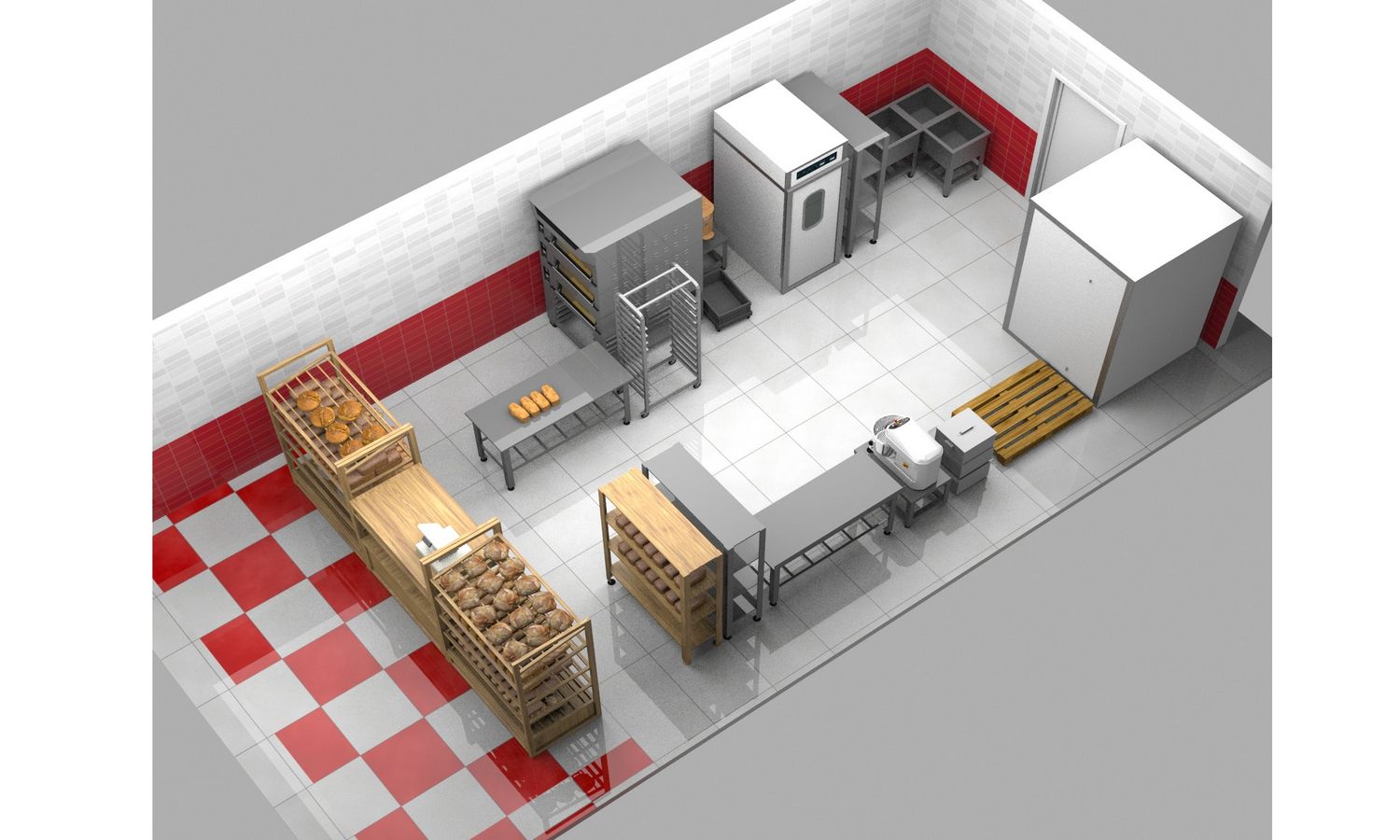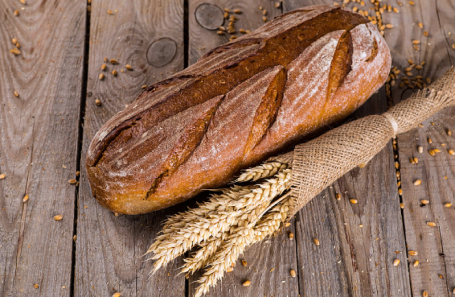
The project is scheduled to commence in 2026. The initiative is expected to enable people in rural locations to purchase quality bread at affordable prices.

The Ministry of Agriculture is planning to implement a project aimed at developing a network of mini-bakeries across rural areas, as announced by the head of the department, Oksana Lut. According to her, the business model involves procuring frozen bread products from a large enterprise and then baking them «for a specific consumer.»
The Minister noted that an agreement has already been reached with the Ministry of Economic Development, which will synchronize its support measures with the Ministry of Agriculture. The SME Bank is also expected to participate by providing financing for these projects.
In Lut`s opinion, this will help stabilize bread prices and generally «give new life to the baking industry, allowing people to have good quality bread on their tables.»
According to Rosstat data, bread prices have increased by nearly 7% since the beginning of the year. Rye bread costs an average of 95 rubles per kilogram in Russia, while wheat bread averages 111 rubles for the same weight.












Commenting on the plan is Arkady Gurevich, a board member of the Russian Union of Flour Milling and Cereal Enterprises:
«I share the ministers` opinion. Anyone who visits villages and rural areas knows that, unfortunately, many of them lack actual small bakeries. Often, bread is transported many kilometers to these settlements using a rotational method. However, one detail needs to be kept in mind: these settlements usually have a small number of residents remaining. And establishing appropriate bakeries in every village is probably not feasible. It should still be some kind of cluster approach that serves not just one or two, but a number of villages. It will still require a significant amount of small vehicles to deliver bread to these sparsely populated villages.»
«Will these measures stabilize bread prices, as the Minister of Agriculture claims? And how?»
«Transportation costs are likely included in the cost of bread. Logistics are not cheap today: fuel is getting more expensive, vehicles and their depreciation cost a lot. This will not unequivocally lead to a reduction in costs. But it will definitely improve the supply to the population, that is certain.»